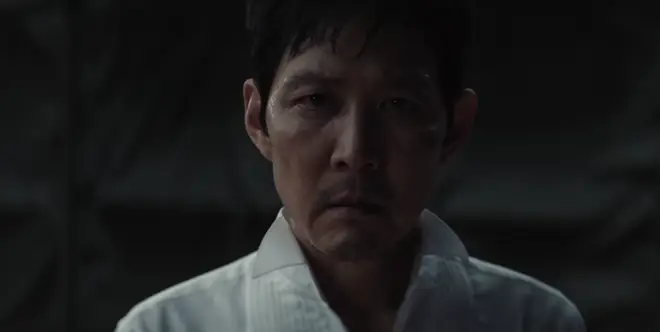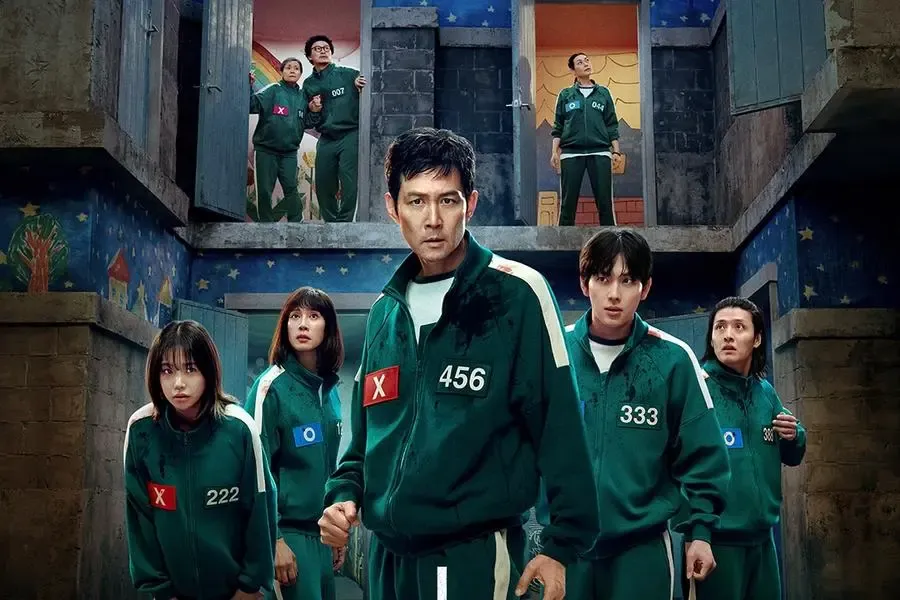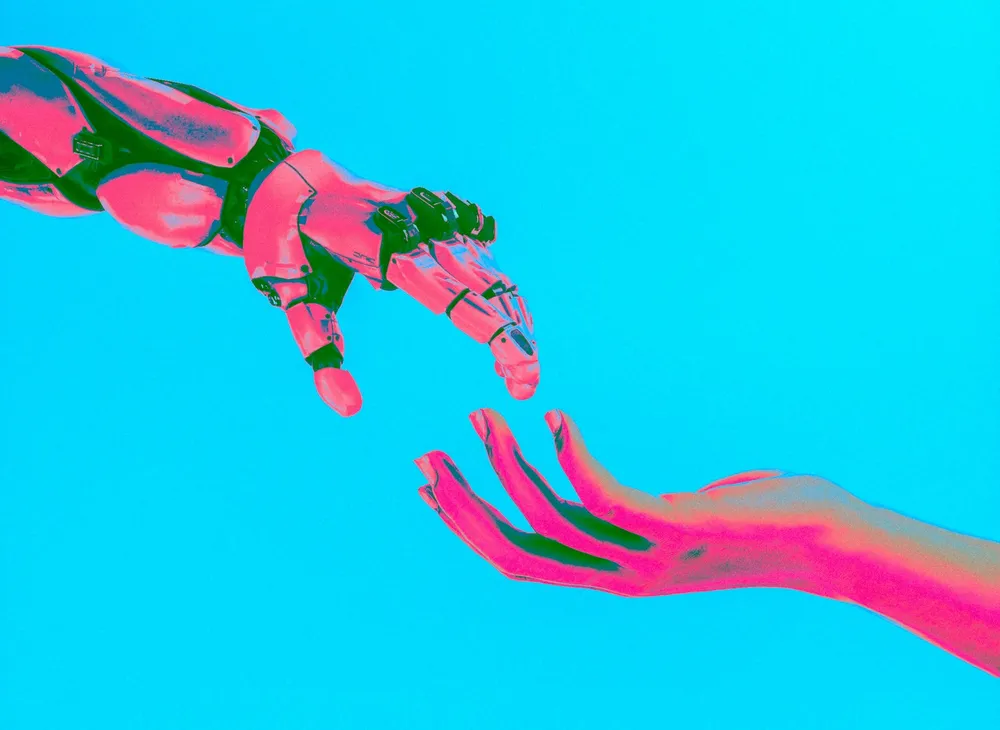Table of Contents
Spoiler Alert: This article discusses key plot points and the conclusion of Squid Game Season 3.
The conclusion of Squid Game Season 3 sparked a whirlwind of reactions among viewers, with opinions sharply divided on its implications and messages. While some perceived the ending as disheartening, presenting a bleak outlook on human nature, others found it to be a profound commentary on the complexities of the human condition. Gi-hun's final act of self-sacrifice stands out as a powerful symbol of hope and resilience in the face of despair, illustrating that even in dire circumstances, acts of kindness and bravery can shine through.
Gi-hun’s Choice: A Symbol of Faith in Humanity
Gi-hun's decision to sacrifice himself is not merely a plot twist or a final dramatic flourish; it represents his unwavering faith in humanity at a time when such faith seems increasingly rare. Surrounded by overwhelming greed, pride, and cowardice, Gi-hun embodies the essence of what it means to be human: faithful, strong, and generous. His choice to reject the ruthless system of the games highlights a refusal to succumb to the nihilistic philosophy espoused by the Front Man, who believes that humans are inherently selfish and driven solely by self-interest. Gi-hun’s actions remind us that, even when faced with unimaginable pressure, we can choose to rise above our base instincts and act with compassion.
The Unfinished Question of Humanity
The significance of Gi-hun's last words, "We are not horses. We are humans. Humans are..." remains intentionally ambiguous, leaving viewers with an open-ended question about the nature of humanity. This silence invites contemplation about the complexities that define us. Are we shaped solely by our capacity for kindness, or do we also carry the weight of cruelty and selfishness within us? As the narrative unfolds, we are reminded that even the creators of the games were human, complicating our understanding of what it truly means to be humane. This ambiguity serves as a powerful catalyst for discussion, challenging us to examine our own values and beliefs about human nature.

Breaking the Fourth Wall: A Moment of Connection
In a striking and memorable moment, Gi-hun looks directly at the camera while declaring, "We are not horses. We are humans. Humans are..." This act can be interpreted as a form of breaking the fourth wall, drawing viewers directly into his emotional turmoil. By addressing the audience in this way, he transcends the confines of the narrative and invites us to reflect on our own humanity. This moment symbolizes not just his personal struggle but also a collective confrontation with the harsh realities of life that many face. It challenges us to consider how we define ourselves in a world that often reduces individuals to mere players in a game of survival, making us question our own roles and choices.
The Baby as a Symbolic Catalyst
In a striking narrative twist, the baby emerges as a symbolic catalyst for the philosophy that Gi-hun embodies. The infant represents innocence and the potential for a future untainted by the brutality of the games. By choosing to sacrifice himself for Jun-hee's baby, Gi-hun not only saves a life but also acts as a beacon of hope for what humanity could be. His decision underscores the belief that true victory lies not in winning the game but in preserving humanity and nurturing the next generation. The baby’s survival becomes a powerful metaphor for renewal, illustrating that compassion and integrity can prevail even in a world designed to break individuals.
Rejecting a Simplistic Narrative
Critics of the ending argued that it lacks the fairy-tale resolution often expected in many narratives. However, this realism is precisely what makes it so impactful. The show never expects us to believe that Gi-hun can triumph over a trillion-dollar global system; that’s not the point. The beauty of Squid Game lies in its ability to shift our focus from the notion of ‘winning’ to the small, yet significant, human choices that still matter—like sacrifice, integrity, and connection. In a world designed to break you, staying true to your humanity becomes the ultimate victory. Gi-hun’s ultimate act is a powerful rejection of the game and the philosophy behind it, as he chooses compassion over survival and dignity over greed.
The Duality of Human Nature
The series masterfully showcases the duality of human nature, illustrating our capacity for both horror and compassion. Gi-hun’s journey does not provide a definitive answer to what it means to be human; instead, it challenges us to grapple with this question ourselves. As we witness betrayal, cruelty, and sacrifice throughout the games, we are left to confront the complexities of our own humanity. This exploration prompts us to reflect on our values and how they align with our actions in the real world.
Conclusion: Choosing Humanity
Ultimately, Gi-hun’s story serves as a poignant reminder that humanity is not a fixed trait but a spectrum of behaviors and choices. His refusal to play the game, even at the cost of his own life, illustrates the profound power of individual agency in defining what it means to be human. Perhaps the most significant takeaway is that being human is not about achieving perfection; it’s about making choices that reflect our values and beliefs. Gi-hun chose to embody the kind of human he believed should exist—not perfect, but undeniably human.
As we reflect on Squid Game, let’s engage in meaningful conversations about the themes and issues it presents. What does being human mean to you, and how do we navigate the complexities of our nature in today’s world?





